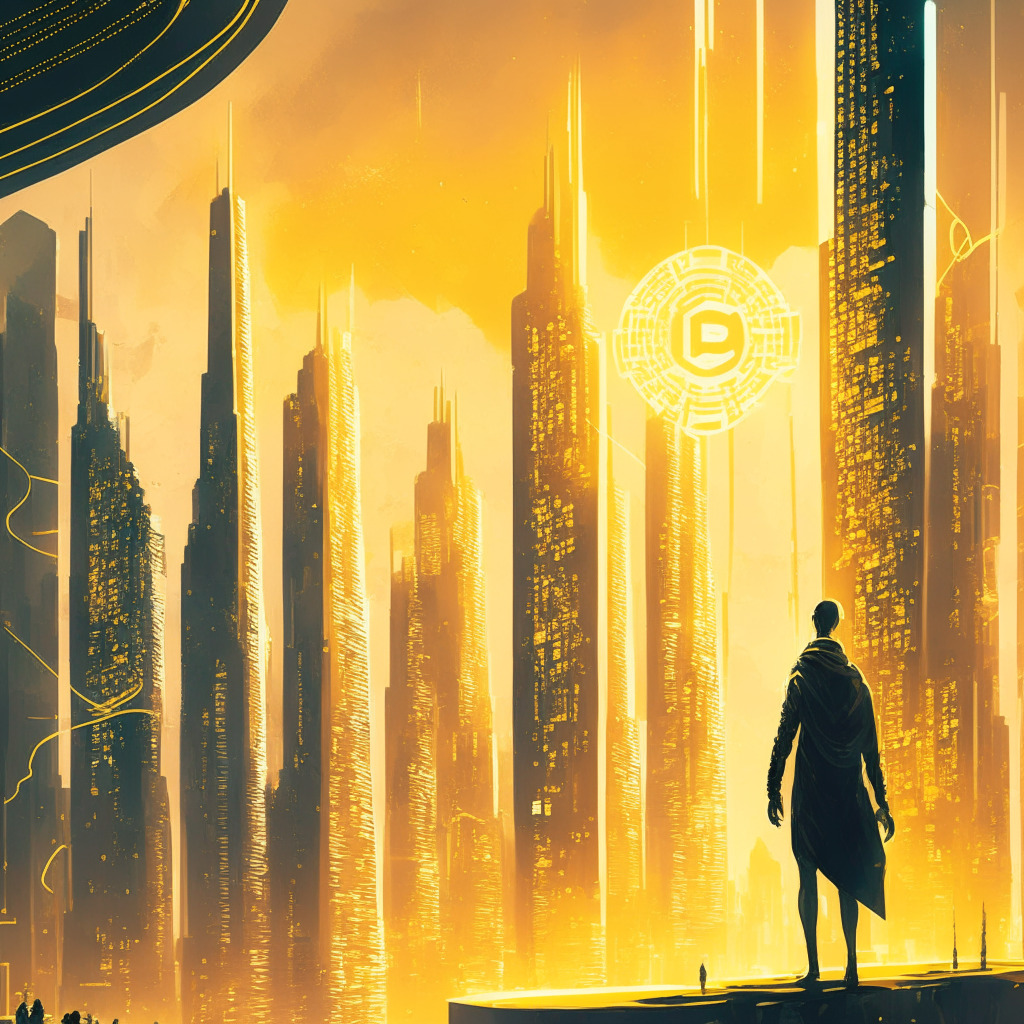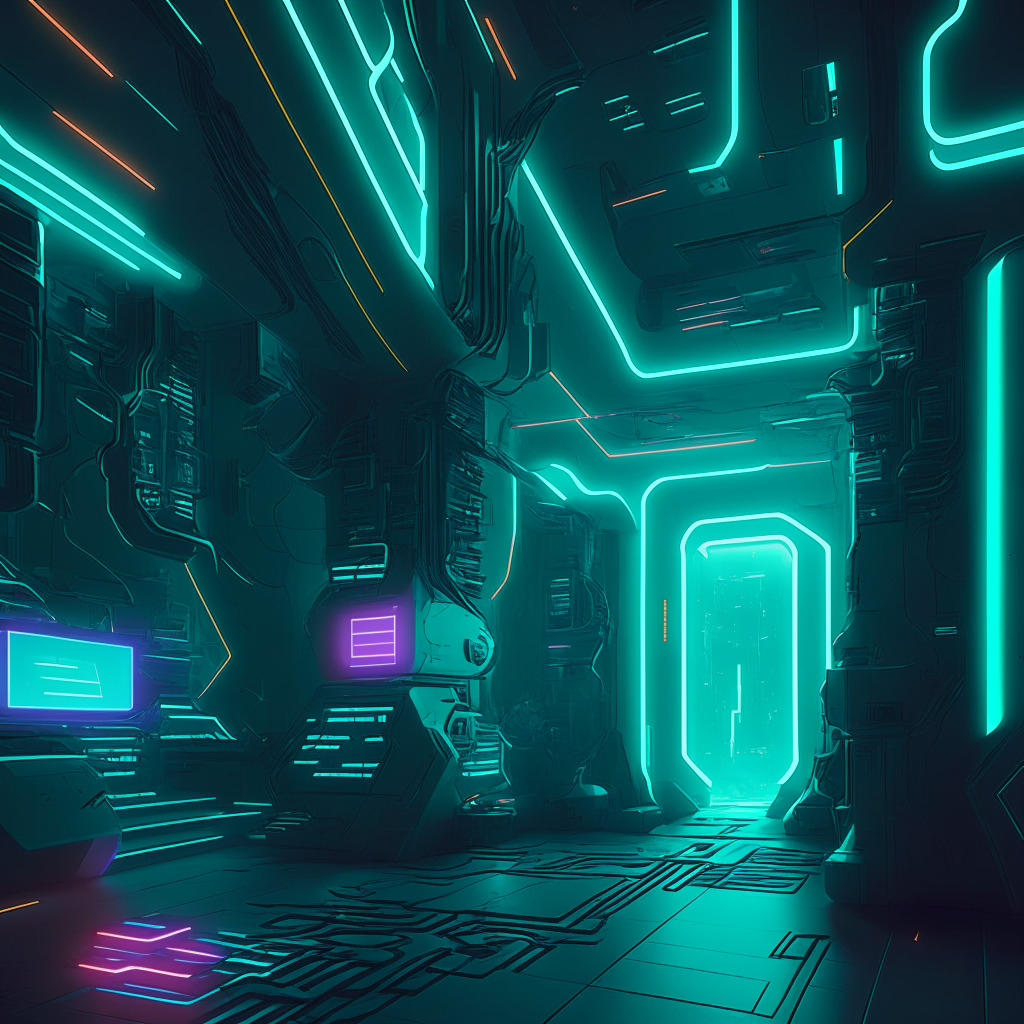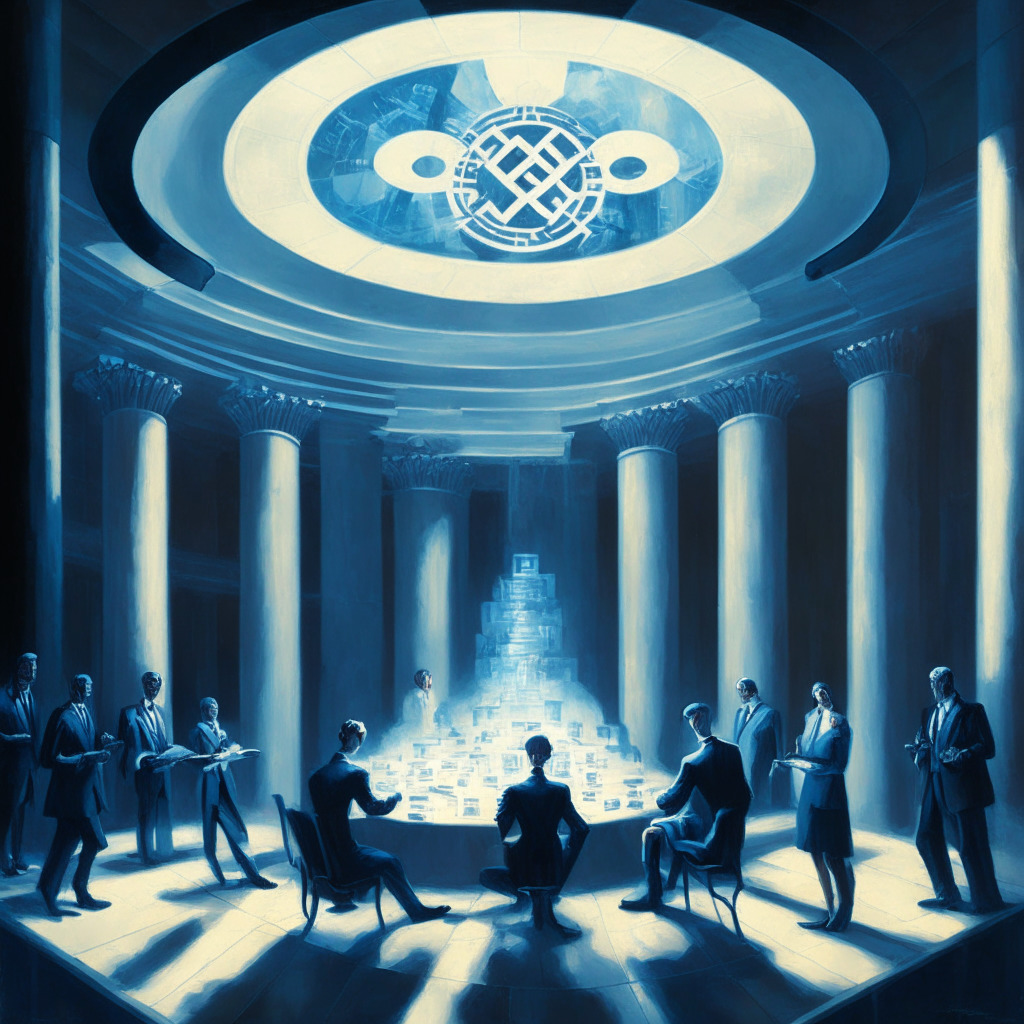The ever-evolving crypto landscape has seen the emergence of various token standards, each aiming to enhance functionality and unlock new possibilities. The introduction of BTC-20 tokens and the subsequent rise in Bitcoin network activities eventually led to the development of DRC-20 tokens. As these new tokens hit the market, they quickly gained attention, with the key distinction being their blockchain platform, as DRC-20 tokens were designed exclusively for the Dogecoin blockchain.
Although BRC-20 tokens opened the door to minting fungible tokens on the Bitcoin network, they have limitations concerning smart contract deployment and user-friendliness. These tokens mostly rely on JavaScript Object Notation (JSON) data and are considered an experiment, possibly leading to experimental failures. On the other hand, DRC-20 tokens are compatible with Dogecoin wallets, allowing for easy payments and interaction with Dogecoin blockchain-based decentralized apps (dApps). Despite being in its infancy, DRC-20 has the potential to play a pivotal role in the Dogecoin ecosystem, enabling the creation of a wide range of unique tokens representing various digital assets.
Ordinal protocols have become increasingly significant in token creation and management, gaining the attention of developers and driving the popularity of both BRC-20 and DRC-20 tokens. Although both token standards have their own set of features, a few key differences set them apart:
1. Blockchain Platforms: BRC-20 relies on the Bitcoin blockchain using Ordinals protocol, while DRC-20 operates on the Dogecoin blockchain.
2. Liquidity: BRC-20 tokens provide higher liquidity compared to DRC-20 tokens.
3. Smart Contracts: DRC-20 tokens are designed to work with smart contracts, while BRC-20 tokens are not EVM-compatible and do not support smart contracts.
4. Transaction Speed: DRC-20 offers faster transactions than BRC-20 with a block time of 3 seconds compared to BRC-20’s 15 seconds.
5. Security: DRC-20 is more secure due to its use of the Keccak-256 encryption algorithm, while BRC-20
Source: Coingape




